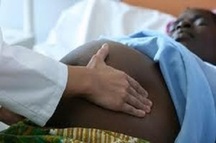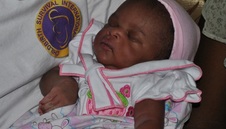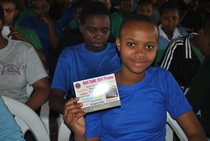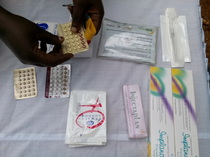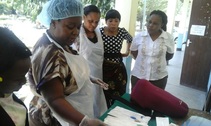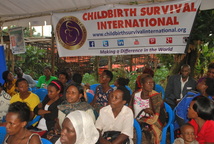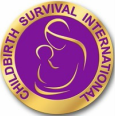|
Illustration above displays CSI's interconnected top five priorities with the goal to improve reproductive, maternal, newborn, child and youth health in underserved communities.
CSI is intentionally reaching the unreached with health services, resources, and information. |
* Make pregnancy, labor & delivery, and postpartum period safer for the mother and newborn, and optimize child survival for the first five years.
* Increase demand, understanding, access, and use of reproductive health services and adherence to contraception use among men and women of child-bearing age (15–49 years). * Strengthen frontline healthcare provider skills especially nurses and midwives focusing on quality, equity, and dignity. * Through youth education and empowerment, improve access to quality youth friendly reproductive health care services focusing on STIs, HIV/AIDS, menstruation, menstrual hygiene, and prevention of unintended pregnancies. * Educate, inform, empower, and rally communities to foster project ownership and sustainability. |
